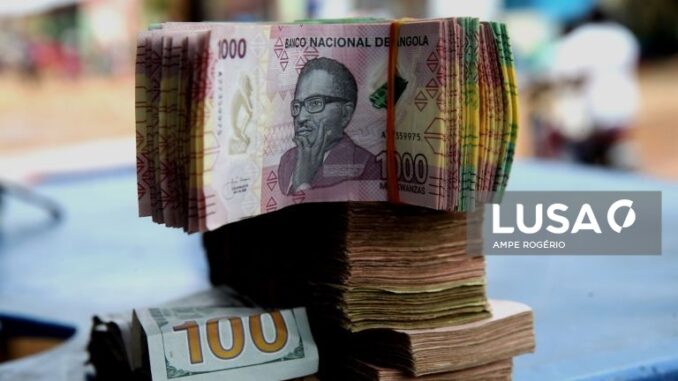
Transactions on the Angolan capital market until August reached 907.33 billion kwanzas (2.2 billion euros), of which around a third were traded last month, announced an official from the Capital Market Commission.
According to Johny Soki, director of the studies and strategy office of the Capital Market Commission, the value was influenced by the more than 300 billion kwanzas traded in August, a record in terms of trading volume that had to do with “the debt softening policy” put into practice by the Ministry of Finance.
“The objective is to replace instruments indexed to the exchange rate and others with short maturities with others with longer maturities in order to level out the debt profile,” explained Soki, on the sidelines of a meeting promoted by the Capital Market Commission.
The transactions were made between the Public Debt Management Unit represented by the National Bank of Angola (BNA) with market players and registered on the Angolan Debt and Securities Exchange (Bodiva) and therefore the impact was reflected in the volume traded, he said.
In 2021, the volume traded on Bodiva was around 800 billion kwanzas (1.9 billion euros).
When questioned about the reasons why Angolan companies still do not resort to the capital market as a source of financing, opting mainly for banking, he considered that this is essentially due to the fact that they still have little information.
“The companies and the investors are now discovering that this segment exists, so we are having a gradual growth”, Johny Soki underlined, adding that the companies currently have more instruments to finance themselves, such as issuing shares and bonds.
“These are the vehicles that companies resort to when they want to receive financing from lenders,” he pointed out.
“Today it is already functional, we already have a company that went to get money via the stock exchange (Banco Angolano de Investimento), successfully, we have a process underway (Banco Caixa Geral Angola) and we have a project to enhance issuers to capture more companies” said Soki, admitting that by the end of the year more companies will be financed this way.
